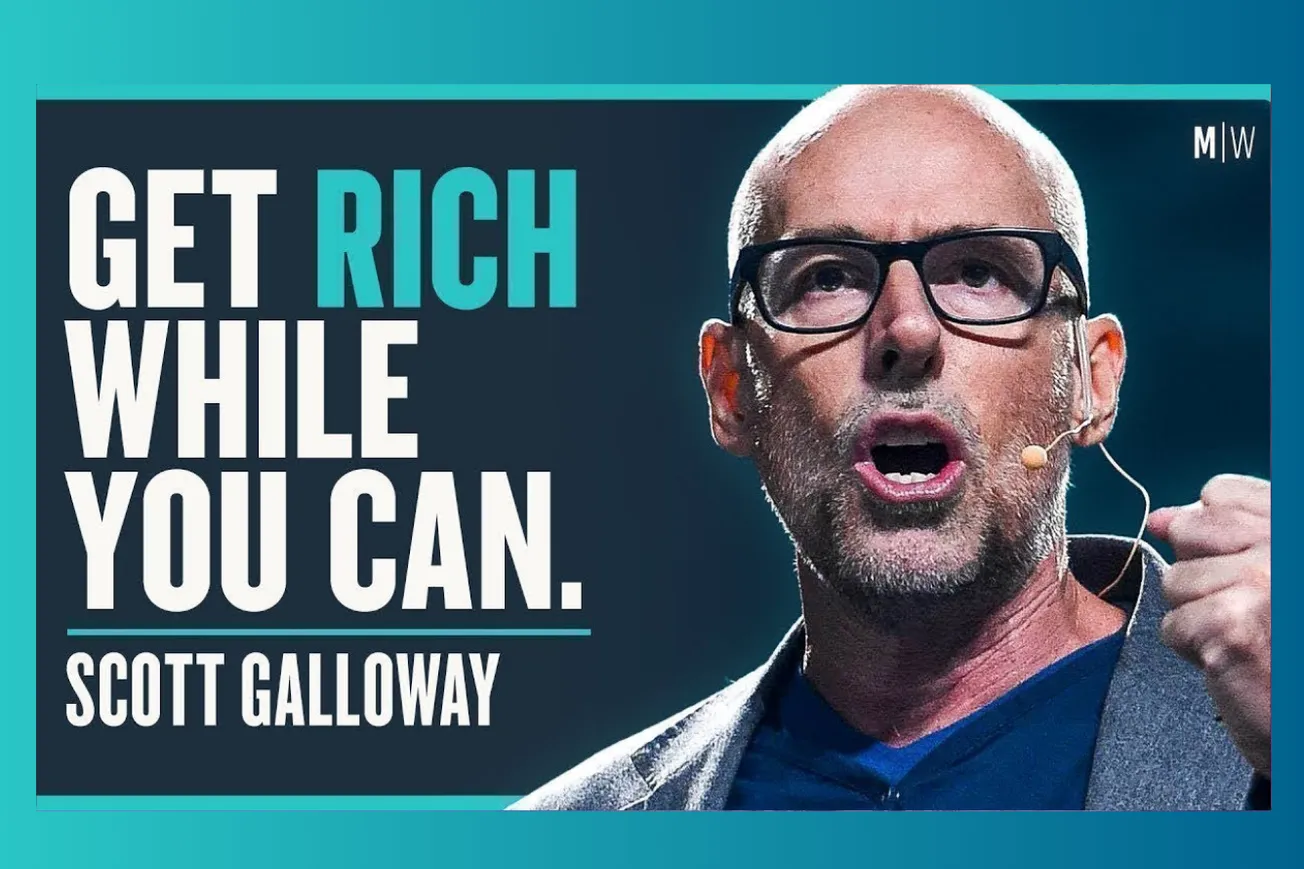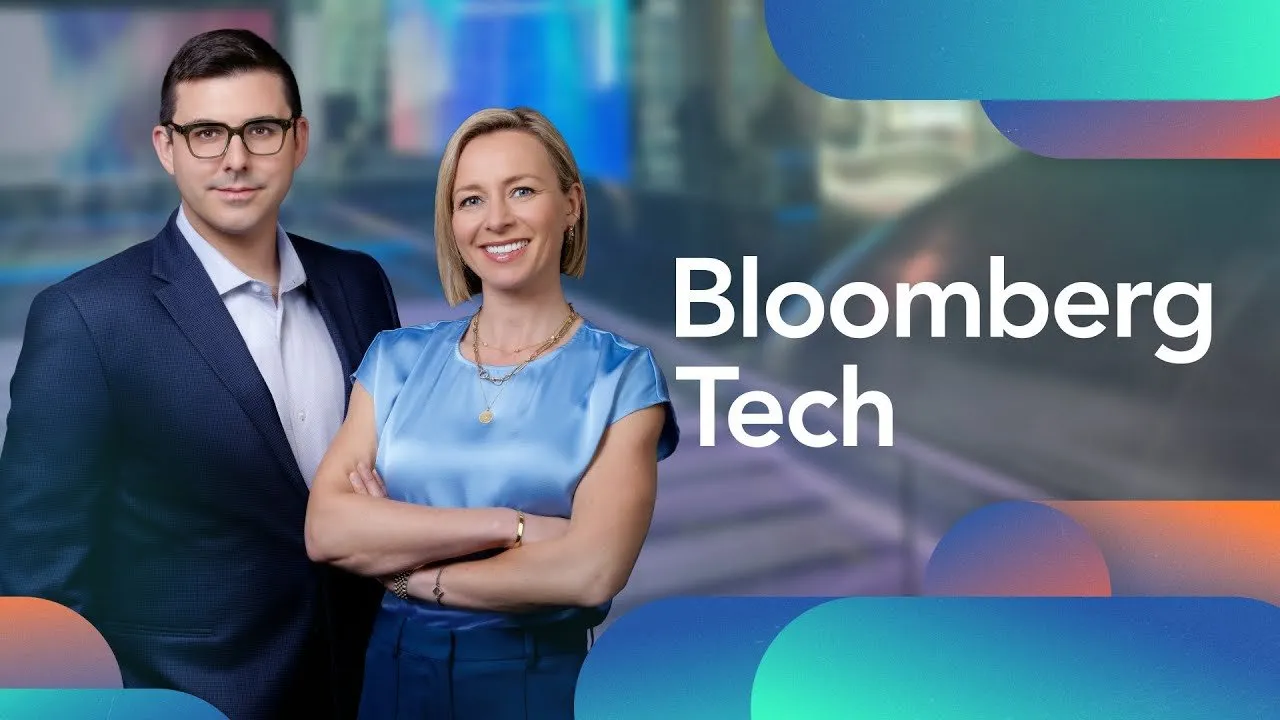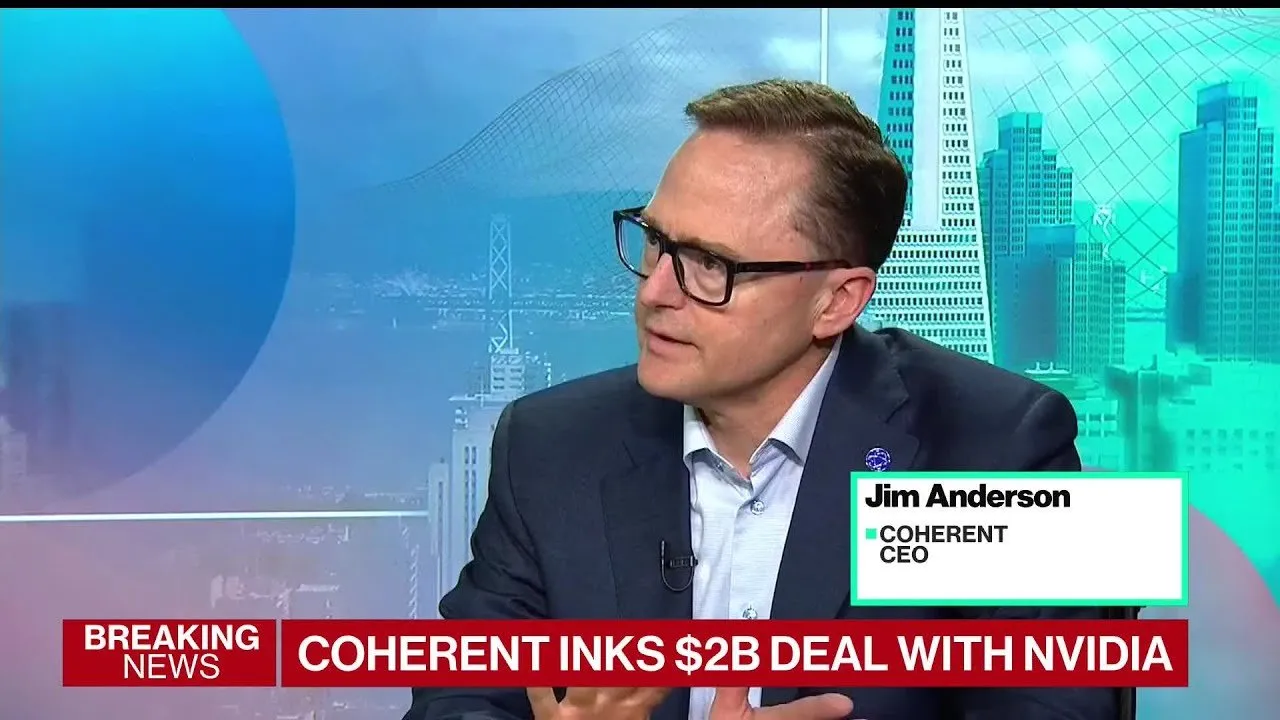Table of Contents
Scott Galloway delivers unfiltered advice on why following your passion is terrible career advice, how economic viability determines your dating success, and the four principles that actually build wealth in America's increasingly unequal economy.
Key Takeaways
- Don't follow your passion—find your talent in an industry with 90%+ employment rates instead of glamorous fields where 87% of actors don't qualify for health insurance
- Economic viability is crucial for men because 75% of women consider it a key dating criteria, while only 25% of men prioritize it when choosing partners
- True wealth means passive income exceeding your burn rate, not high salary—a $52,000/year retiree can be richer than a $14 million/year investment banker
- The four pillars of wealth building: Focus (master one thing), Stoicism (control spending), Time (compound interest), and Diversification (never put more than 3% in one investment)
- Physical fitness directly correlates with financial success—485 of 500 Fortune 500 CEOs work out five times per week
- Rejection tolerance is the most underrated skill for financial success—Galloway applied to nine business schools, got into two, started nine companies, and two succeeded
- America offers incredible quality of life if you have money but becomes "rapacious and violent" if you don't, making financial security essential
- The biggest regret of dying people is being too hard on themselves—forgiveness and gratitude become crucial for enjoying wealth once achieved
- Experiences provide lasting happiness while material possessions deliver diminishing returns beyond basic comfort levels
- The tax system heavily favors "super owners" over "super earners," making investment and equity ownership essential for wealth building
Timeline Overview
- 00:00–20:00 — Why following your passion is terrible advice, the importance of finding talent in high-employment industries, and the soapstone contractor making £1.2 million annually
- 20:00–40:00 — Economic responsibility for men, why money matters more than people admit in dating, and how America treats rich vs poor people differently
- 40:00–60:00 — Defining wealth as passive income exceeding burn rate, the mathematical approach to financial independence, and deleting the "should bucket"
- 60:00–80:00 — The four wealth-building principles: focus over side hustles, stoicism about uncontrollable factors, compound interest power, and diversification as protection
- 80:00–100:00 — The rejection economy: why resilience matters more than intelligence, networking through uncomfortable situations, and learning to endure professional rejection
- 100:00–120:00 — Physical fitness correlation with financial success, the SCAFFA method for mental health management, and why CEOs prioritize exercise
- 120:00–140:00 — Learning to forgive yourself, avoiding perfectionism, recognizing life's finite nature, and atheism as a path to embracing joy
- 140:00–160:00 — Smart money spending: experiences over things, travel over cars, giving money away for emotional rewards, and setting a "enough" number
- 160:00–180:00 — Tax system inequality: how super earners get crushed while super owners pay minimal rates, and why the system favors entrepreneurs over employees
Why Following Your Passion Will Make You Poor
- People telling you to follow your passion are usually already rich and made their wealth in unglamorous industries like iron ore smelting
- Young people mistake hobbies for passion—true passion develops from mastery and the rewards that mastery brings
- The top 10% of tax lawyers fly private jets while the top 10% of basketball players like Galloway get cut from high school teams
- 180,000 actors belong to SAG-AFTRA (the most talented actors globally), yet 87% made less than $23,000 last year and don't qualify for health insurance
- "Vanity industries" have inverse correlation with ROI—the sexier the industry, the lower the financial returns for most participants
- The Iraqi soapstone contractor exemplifies this principle: became passionate about soapstone because mastery provided £1.2 million annual income, relevance, and respect
Find industries where modest talent can look amazing rather than exceptional talent struggles for basic survival. The waves are perfect in 98% of industries—choose wisely.
The Economic Reality of Modern Dating and Relationships
- Economic viability remains a crucial factor for 75% of women when selecting mates, while only 25% of men prioritize financial status
- Men are disproportionately evaluated on economic vitality while women face unfair aesthetic evaluation—both systems persist despite social progress
- Every man should start with the mindset of taking economic responsibility for the household, even if that means supporting a higher-earning partner
- When Galloway's partner worked at Goldman Sachs, his job became handling morning routines and bath time to support her career success
- Modern wealth gaps create entirely different life experiences—private schools, exclusive healthcare, VIP access—that separate economic classes dramatically
- The Disney VIP tour example: $6,000 allows wealthy families to bypass 3-hour waits while middle-class families hold sleeping children in line
America becomes "more like itself every day"—loving and generous for people with money, rapacious and violent for those without it.
The Real Definition of Wealth: Passive Income vs. Burn Rate
- True wealth means passive income exceeding your burn rate, creating freedom from financial anxiety and employment obligation
- Galloway's investment banker friend makes $3-14 million annually but lives paycheck to paycheck due to lifestyle inflation and high taxes
- His 94-year-old father earns $52,000 from navy pension, social security, and laundromat quarters but spends only $48,000—making him genuinely wealthy
- The mathematical approach: if you need $120,000 annually and expect 8% returns, you need $1.5 million invested in low-cost index funds
- Financial security allows deleting the "should bucket"—no longer doing things you feel obligated to do but don't want or need to do
- Barry Rosen's three life buckets: things you have to do, want to do, and should do—wealth lets you eliminate the "should" category entirely
This definition shift changes everything: optimization moves from maximizing income to minimizing expenses while building passive income streams.
The Four Pillars of Wealth Building
- Focus: Master one thing instead of pursuing side hustles—the incremental 20% effort in your main career yields higher returns than distracted diversification
- Stoicism: Control what you can control (spending, saving habits) while accepting what you cannot (market crashes, economic cycles, company layoffs)
- Time: Compound interest performs magic, but only over decades—$1,000 invested at 25 becomes $16,000-24,000 by age 55
- Diversification: Never put more than 3% of net worth in any single investment—this "Kevlar" protects against catastrophic losses
Galloway lost wealth twice by violating diversification principles, including borrowing $3 million to buy more stock in his own company, going from $10 million net worth to owing $3 million when it went bankrupt.
The Private School vs. $5.3 Million Choice
- Elite private schools in NYC cost $62,000 annually, requiring $100,000+ pre-tax income per child
- Parents justify this expense to give children "everything," meaning better college access, job opportunities, and economic security
- Alternative approach: send kids to local public schools (research shows proximity matters more than prestige) and invest the $62,000 annually
- $62,000 invested yearly from age 4-18 at 8% returns equals $5.3 million when the child turns 35
- This provides the exact outcome parents seek—economic security and freedom from financial stress—through a different path
The banner should read: "Grace Church or $5.3 Million" because most people don't grasp compound interest's power over time.
Rejection Tolerance: The Most Underrated Financial Skill
- Galloway applied to nine business schools and got into two, ran for class president four times and lost every time, started nine businesses with only two succeeding
- The key insight: 99% of people won't endure the rejection required for extraordinary opportunities, making resilience more valuable than intelligence
- Salespeople are the most overcompensated relative to IQ because they'll "get out that spoon and start eating shit" through cold calls and follow-ups
- His strategy: write free consulting proposals for Fortune 1000 CEOs, send via FedEx, call for meetings—most rejected him, but occasional hits built his firm
- Modern example: sending identical podcast subscription requests to 1,000 contacts, knowing most won't respond but a few will create momentum
Rejection immunity separates those who punch above their weight class from those who accept their initial circumstances.
The Fortune 500 CEO Fitness Connection
- 485 of 500 Fortune 500 CEOs work out five times per week—the strongest correlation isn't Ivy League education, gender, or race, but daily exercise
- Physical fitness signals discipline, commitment, self-respect, and ability to maintain routines under pressure
- Exercise functions as Galloway's primary antidepressant and mental health tool through the SCAFFA method:
- Sweat: Immediately reset brain chemistry through physical exertion
- Clean: Eliminate processed foods, sugar, preservatives that affect mood
- Abstinence: Take breaks from THC and alcohol when feeling mentally unstable
- Family: Force focus outward toward others' needs rather than internal rumination
- Affection: Normalize physical touch and emotional connection with loved ones
The brain's "value monitor" runs 24/7 and can be fooled—exercise triggers "hunting prey" signals that release mood-stabilizing hormones.
Mental Health and Self-Forgiveness in Success
- The biggest regret of dying people is being too hard on themselves rather than taking stock of blessings and allowing happiness
- Successful people often spend too much time in the past (ruminating about mistakes) and future (planning next moves) while missing the present
- Galloway's atheism liberates him: recognizing life's finite nature and cosmic insignificance makes enjoying the brief experience imperative
- Tactical self-forgiveness: remember that "nothing's ever as good or as bad as it seems" and that others forget your mistakes almost immediately
- On a 0-100 life satisfaction scale, focusing on the 2-3 missing points while ignoring the 97-98 points going well represents profound stupidity
The stoic principle applies: no one thinks about your failures as much as you do because everyone's focused on their own concerns.
Smart Money: Experiences vs. Things
- Research confirms people overestimate happiness from material purchases and underestimate joy from experiences
- Galloway owns no car to avoid time management but spends heavily on travel, taking family members on expensive trips to Africa
- His plane purchase enables spontaneous experiences: "Formula 1 in Las Vegas? I'm in" without checking account balances
- Giving money away provides emotional rewards—not from altruism but because it "makes me feel strong" and generates recognition
- Setting a "enough" number prevents endless wealth accumulation: above that threshold, spend or give away rather than hoarding
The goal shifts from maximizing wealth to optimizing experiences and relationships while maintaining financial security.
The Tax System's Hidden Inequality
- "Super earners" (high-salary professionals) pay 50-52% tax rates while "super owners" (equity holders) pay 6-16% on wealth
- Investment banker earning $10 million salary gets immediately taxed; Apple stockholder earning $10 million in appreciation pays nothing until selling
- Corporate taxes dropped from 2% of GDP to 1% since 1939—the lowest rates since before WWII
- Young people bear disproportionate tax burden without access to mortgage deductions, capital gains benefits, or established wealth
- The myth that "rich people don't pay taxes" conflates two groups: super earners who get crushed vs. super owners who avoid most taxation
Understanding this distinction explains why becoming an owner rather than just an earner is essential for building generational wealth.
Conclusion
Scott Galloway's money philosophy cuts through financial romanticism to reveal harsh economic realities: passion follows competence, not the reverse. Success requires choosing talent development over dream-chasing, especially in industries where effort translates to economic security rather than artistic validation. His four-pillar approach—focus, stoicism, time, and diversification—provides a mathematical framework for wealth building that acknowledges both market unpredictability and compound interest's power.
The deeper insight involves recognizing America's two-tier system where money purchases not just comfort but entirely different life experiences, from healthcare to education to basic dignity. This reality makes financial security essential for men who face disproportionate economic evaluation in dating markets and career advancement. Yet Galloway's atheism-informed perspective prevents wealth from becoming an endless game: once you hit your number, the goal shifts to experiences, relationships, and generosity rather than accumulation. His emphasis on rejection tolerance, physical fitness, and mental health management acknowledges that building wealth requires both strategic thinking and emotional resilience.
Ultimately, the message is pragmatic rather than inspiring—understand the rules of an unequal system and play to win, then use that security to focus on what actually matters: relationships, experiences, and the finite time we have to enjoy both.
Practical Implications
- Audit your career strategy: If you're pursuing passion in a low-employment industry, develop an exit strategy toward talent-based opportunities in stable sectors
- Calculate your wealth number: Determine annual expenses, multiply by 12.5 (assuming 8% returns), and work backward to required savings rate
- Implement the 3% rule: Never invest more than 3% of net worth in any single stock, company, or opportunity to protect against catastrophic losses
- Develop rejection tolerance: Practice uncomfortable networking, cold outreach, or sales situations to build resilience for career opportunities
- Prioritize physical fitness: Treat exercise as career development since it correlates strongly with leadership positions and mental performance
- Focus on becoming an owner: Seek equity compensation, start businesses, or invest in index funds rather than relying solely on salary growth
- Delete your "should bucket": Once financially secure, eliminate obligations that provide no genuine value or enjoyment
- Choose experiences over possessions: Allocate discretionary spending toward travel, family time, and memorable activities rather than material upgrades
- Set a "enough" threshold: Define your financial security number and commit to spending or giving away wealth beyond that point
- Master tax optimization: Understand the difference between earned income and capital gains to minimize tax burden legally





